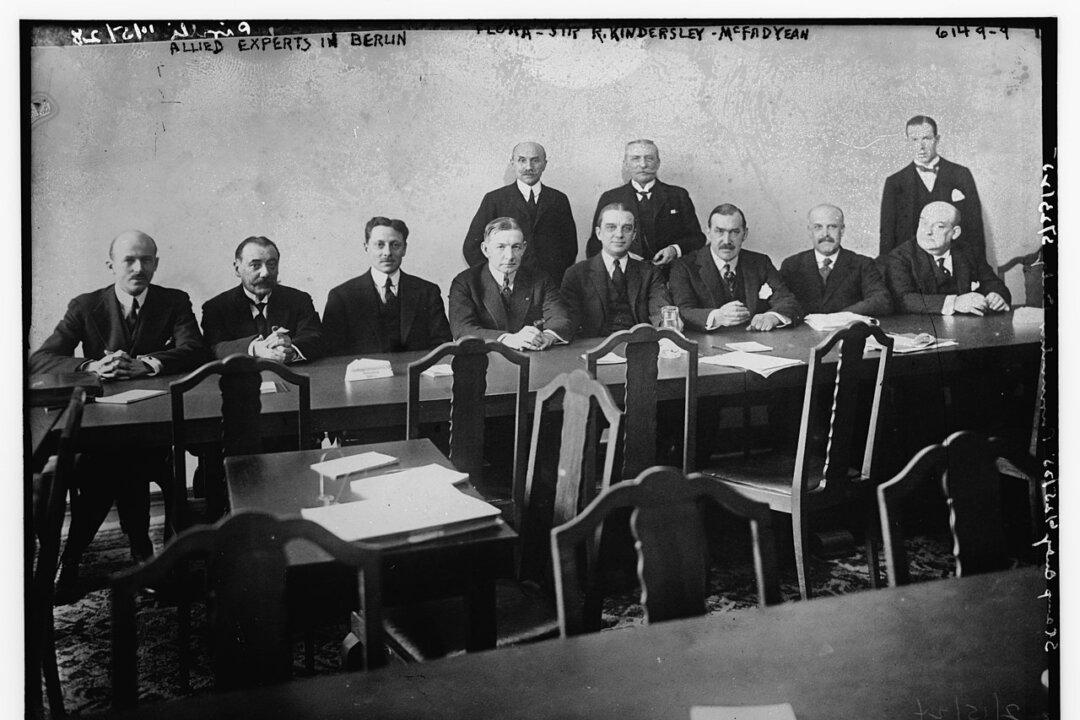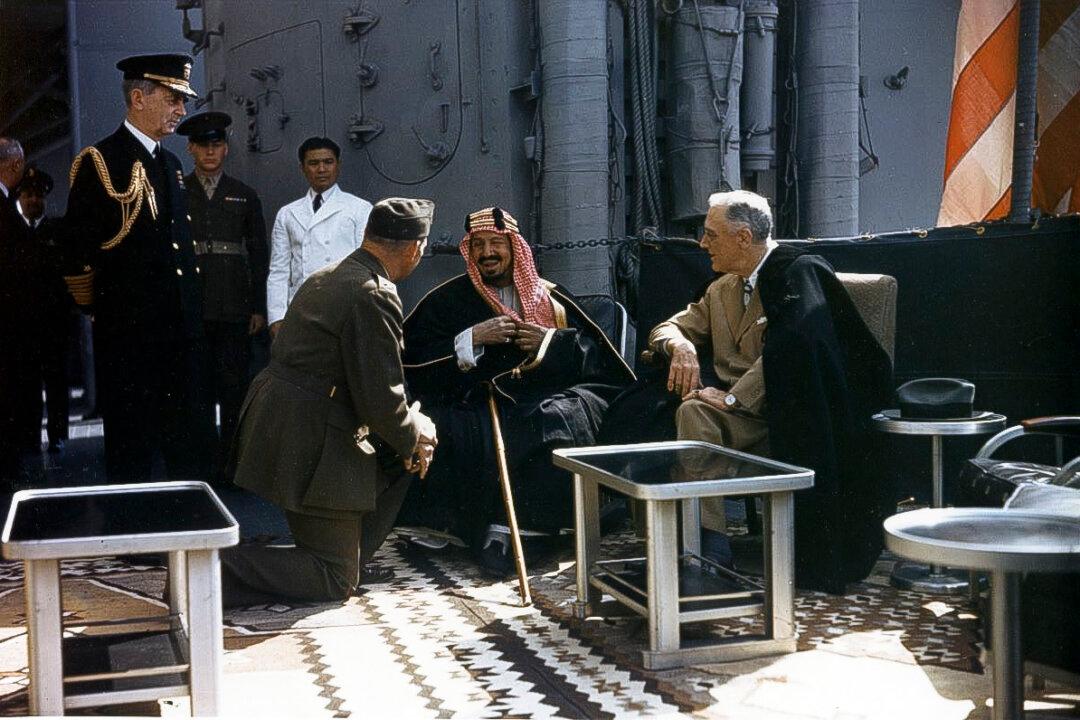The War to End All Wars had ended with a peace to end all peace. With much of France in rubble, Germany humbled by defeat and the terms of the Treaty of Versailles, America bent on a return to isolationism, Italy’s new fascist movement and rise to power, Japan eyeing the growth of its empire, and Great Britain struggling to maintain its empire, the world’s peace, during what is now termed the Interwar Years, was a peace most fragile.
Politicians, journalists, historians, and economists predicted that a second world war was on the horizon. Those concerns increased when French and Belgian troops occupied Germany’s Ruhr Valley in 1923 after Germany defaulted on their reparation payment. Western diplomats quickly worked to avoid another global conflict.






